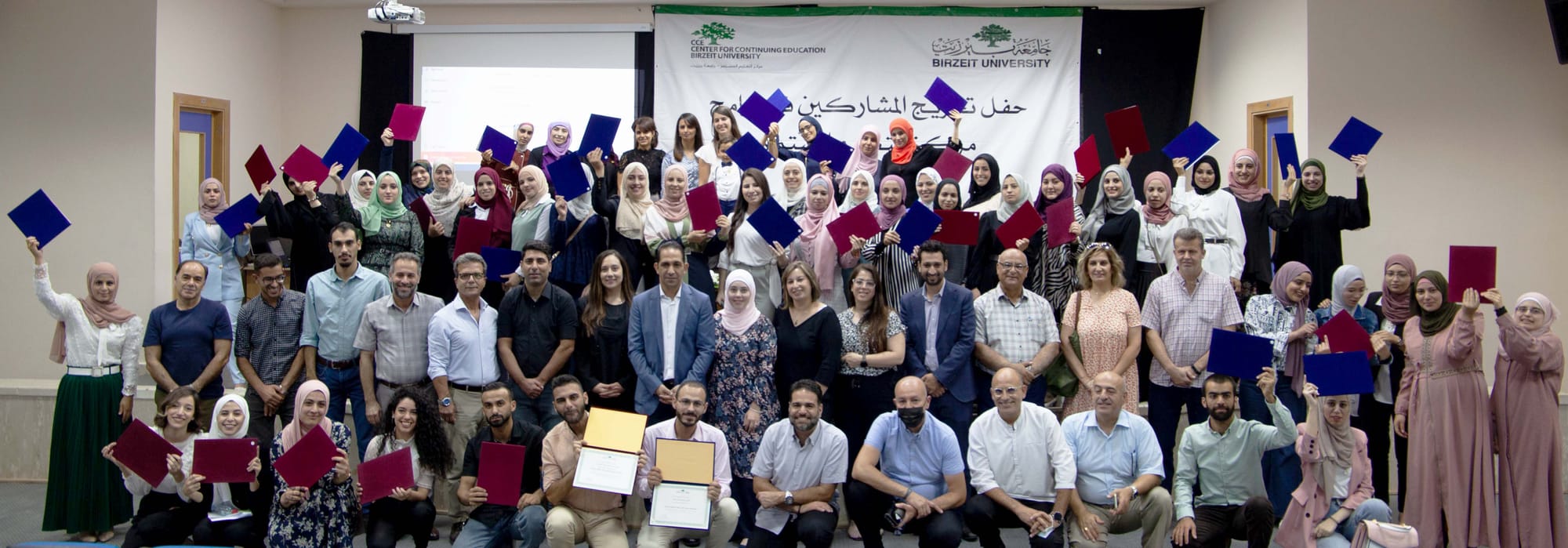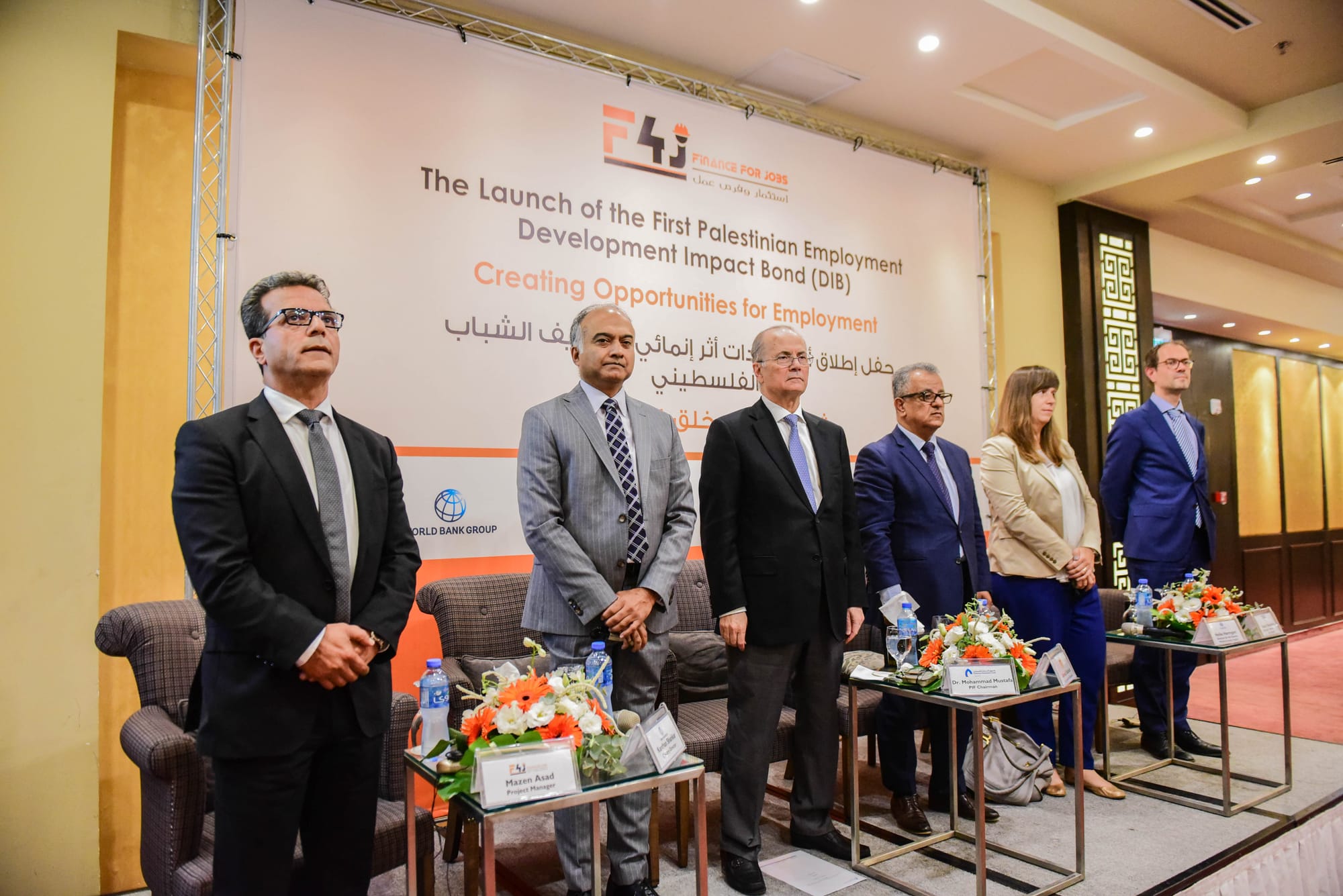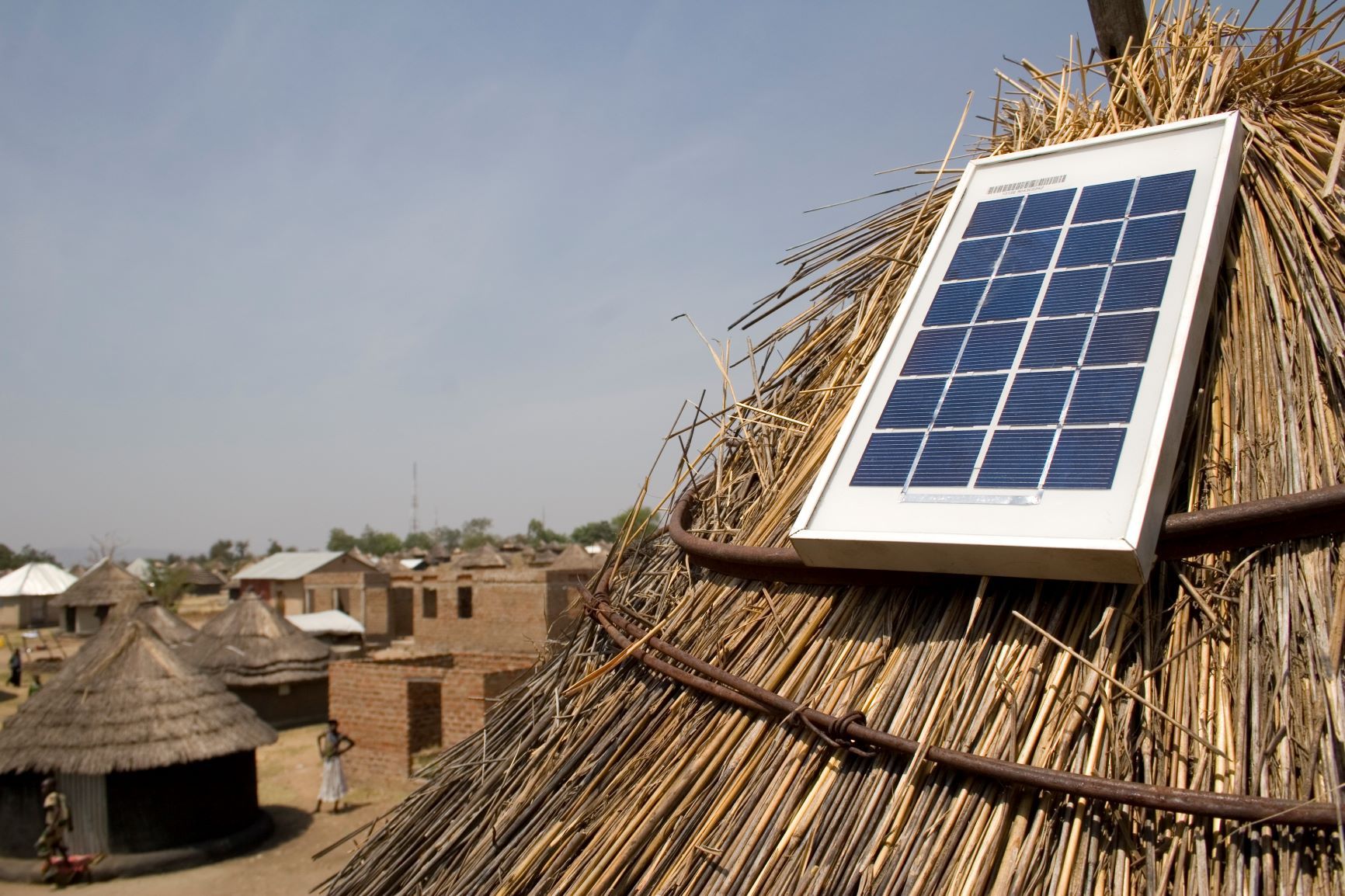Palestine has a stubbornly high unemployment rate, due to long-standing political instability and economic growth that has failed to keep up with expansion in the labor force. Low private investment makes conditions particularly difficult for young people, many of whom lack the skills appropriate to the marketplace. In 2021, the UN Relief and Works Agency for Palestine Refugees (UNRWA) recorded an overall Palestinian unemployment rate of 47 percent, with youth unemployment at 64 percent. Since October 2023 and the war in Gaza, employment has declined even further, according to the International Labour Organization, with job losses particularly severe in the West Bank.
The West Bank needs more employment opportunities to accommodate its growing population, but many companies have been cut off from direct market contact and cannot find financing, limiting their ability to compete, grow, and add jobs. To address these challenges, the World Bank’s Finance for Jobs project (F4J), has developed innovative financing instruments to spur investment and job creation.
A New Finance Mechanism
One such instrument is the Development Impact Bond (DIB), which links graduates with job opportunities and makes sure that employers’ real-world skills requirements are built into training programs. The bond invests in training for youth and women, and—crucially—it measures its success not by the number of people trained but by the number of trainees who secure sustained employment.
Impact bonds are a type of results-based financing where private investors fund service providers and are repaid if those projects achieve their intended results.
Measurement and metrics are integral to any DIB mechanism. Payment metrics, for example, determine how and when investors are paid, and hence the investors’ return on investment. For F4J’s DIB, performance metrics ensure the project is responsive to private sector needs. Impact metrics document the program’s impact to inform future investors and interventions.
Lessons Learned
In 2019, DAI set the DIB process in motion by conducting feasibility studies, raising initial investor commitments, and providing technical assistance to service providers (training organizations). A wide array of investors showed interest, including foundations, international financial institutions, and high-net-worth individuals. Engaging potential investors early to align their expectations with operational, legal, and fiduciary requirements facilitated the negotiations and set a precedent for future collaboration.

Following the initial capital raise, DAI, on behalf of the World Bank and Palestinian Ministry of Finance, signed an outcomes contract with the DIB investors through a special purpose vehicle, a legal entity that allows investors to pool their capital into a single investment. Investors then financed service providers to train young Palestinians and help them find jobs. DIB investors received payments from DAI this year once verification of outputs and outcomes were completed.
Results

Now four years into implementation, the DIB program has significantly influenced the employment landscape in the West Bank. A total of 1,350 unemployed youth have participated in its training programs, 532 of whom have secured verified employment. Thirty-nine percent of these employed people are women, underscoring the DIB’s commitment to gender inclusion.

Seeing the success of this impact bond as an effective outcome-based instrument to achieve development results, the World Bank is keen to expand the program, including into the Gaza Strip if possible. A second bond, set to launch at the end of 2024, will offer an expanded array of employment services for 1,250 participants with the goal of creating up to 600 jobs. The new project will incorporate learning from this project, including raising the age limit on participants to include socially disadvantaged persons older than 29, supporting the underemployed population, and expanding the project scope to include coaching, mentoring, on-the-job training, and job intermediation services.
Learn More about F4J’s DIB program here.






